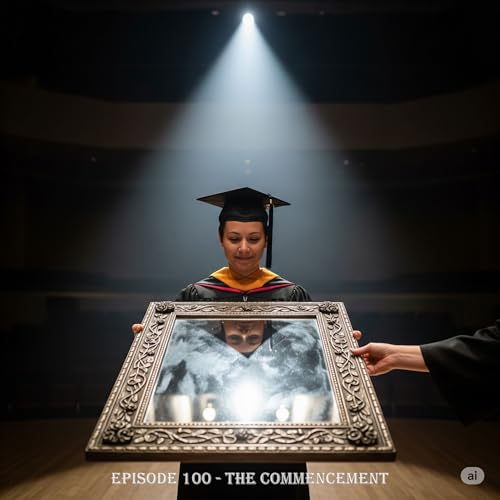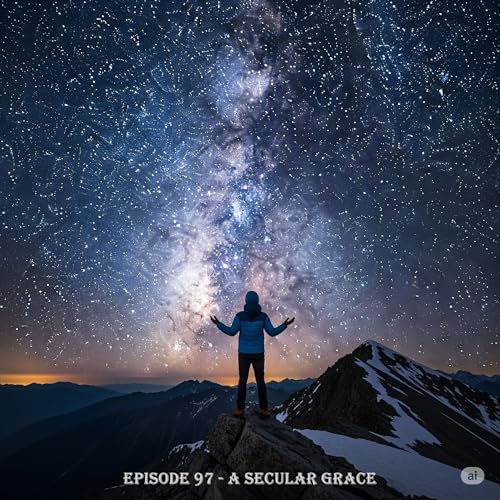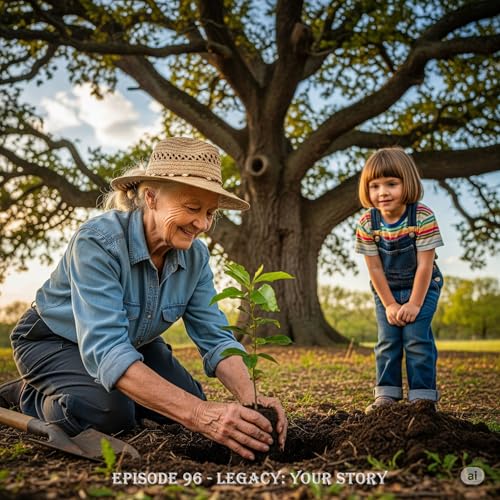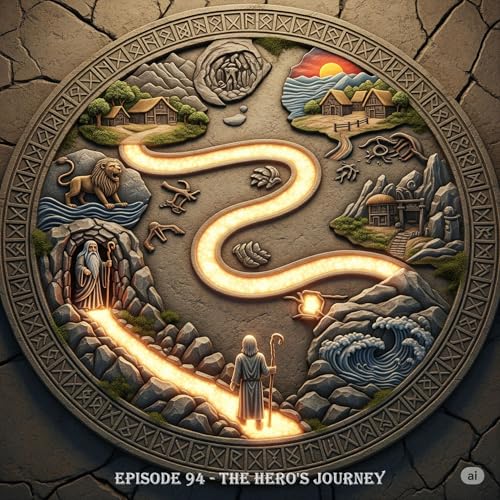This episode constructs a comprehensive "psychological schematic" by integrating key ideas from Sigmund Freud, attachment theory, and modern trauma research to create a unified map of the human mind. It begins with Freud's foundational model of the id, ego, and superego, explaining how these concepts represent the interplay between our primal drives, our rational self, and our internalized moral conscience. This framework highlights the inherent conflict within our psyche and the defense mechanisms we develop to manage it.
Building on this, the discussion incorporates attachment theory, showing how our earliest relationships with caregivers shape the very development of the ego and superego. Early attachment experiences create a fundamental blueprint for our sense of safety, self-worth, and how we relate to others, which becomes the lens through which we experience the world. Unresolved attachment issues and trauma are shown to disrupt this healthy development, leading to a fragmented sense of self and maladaptive coping strategies. The episode explains that trauma isn't just about the event itself, but about the overwhelming emotional experience that the nervous system cannot process, leading to a lasting state of dysregulation.
Ultimately, this integrated schematic provides a powerful tool for self-understanding and healing. It reveals that many of our adult struggles—from anxiety and depression to addiction and relationship problems—are often symptoms of these deeper, unresolved developmental wounds. The path to healing involves making the unconscious conscious, understanding our own unique psychological blueprint, and consciously working to integrate these fragmented parts of ourselves into a more cohesive and resilient whole. This process of creating an "earned secure attachment" with oneself is presented as the foundation for a truly fulfilling life.
 50 mins
50 mins 38 mins
38 mins 41 mins
41 mins 38 mins
38 mins Oct 12 202545 mins
Oct 12 202545 mins 33 mins
33 mins 33 mins
33 mins 31 mins
31 mins

